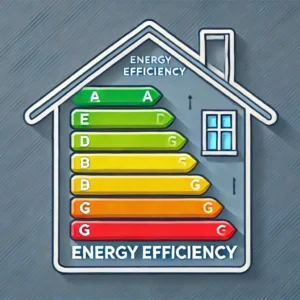Securing funding is essential for business growth, but finding a trustworthy loan provider can be challenging. The right partner not only offers competitive rates and favorable terms but also understands your industry and financial needs. This guide outlines key factors to consider and steps to take when searching for a business loan provider.
1. Define Your Business Needs
Before starting your search, clearly identify why you need a loan and how much funding is required. Consider whether you need financing for expansion, equipment purchase, working capital, or refinancing existing debt. Knowing your objectives will help you determine the type of loan that best suits your needs.
2. Evaluate Your Eligibility
Lenders assess both your business and personal financial health. Be prepared with:
- Credit History: A strong business and personal credit score can help you secure better terms.
- Financial Documentation: Gather recent financial statements, tax returns, cash flow projections, and business plans.
- Time in Business: Many lenders require a minimum operating period, typically one to two years, to evaluate business stability.
3. Research Potential Lenders
Different types of lenders cater to various business sizes and industries. Consider these options:
- Traditional Banks: They may offer competitive rates and long-term loans, though their application processes can be rigorous.
- Credit Unions: Often provide personalized service and flexible terms to members.
- Online Lenders: Known for faster approval processes and flexible requirements, online lenders can be ideal for small to mid-sized businesses.
- SBA-Backed Lenders: Loans guaranteed by the Small Business Administration come with attractive terms, including lower down payments and longer repayment periods.
4. Assess Lender Credentials and Reputation
Choose a lender with a solid reputation and proven track record:
- Licensing and Registration: Verify that the provider is properly registered with relevant financial authorities.
- Customer Reviews and Testimonials: Look for independent reviews and feedback from other business owners to gauge reliability and service quality.
- Transparency: A trustworthy provider clearly explains loan terms, interest rates, fees, and repayment schedules without hidden surprises.
5. Compare Loan Offers
Once you have a shortlist of potential providers, compare their offerings:
- Interest Rates and Fees: Even small differences can impact the overall cost of the loan.
- Repayment Terms: Evaluate the loan duration, monthly payments, and any penalties for early repayment.
- Flexibility: Consider whether the lender offers options like deferment or refinancing, which could be beneficial if your business experiences fluctuations.
6. Engage in Direct Communication
Speak directly with potential lenders:
- Ask Questions: Inquire about the application process, decision timelines, and how the lender supports businesses in your industry.
- Discuss Your Needs: Clearly explain your business goals and funding requirements. A responsive lender should be willing to tailor solutions to your situation.
- Request References: If possible, ask for references from other businesses that have successfully worked with the provider.
7. Finalize Your Decision
After comparing offers and speaking with representatives, choose the provider that best aligns with your business needs:
- Review the Agreement Thoroughly: Ensure you understand all the terms and conditions before signing.
- Plan for the Future: Consider how the loan will fit into your long-term financial strategy and ensure that you’re comfortable with the repayment plan.
Conclusion
Finding the right business loan provider involves careful evaluation of your needs, thorough research, and direct communication with potential lenders. By defining your funding requirements, assessing your eligibility, comparing offers, and engaging with reputable providers, you can secure financing that supports your business growth and long-term success.
For further insights and personalized advice, consider consulting trusted financial professionals who specialize in business lending.






